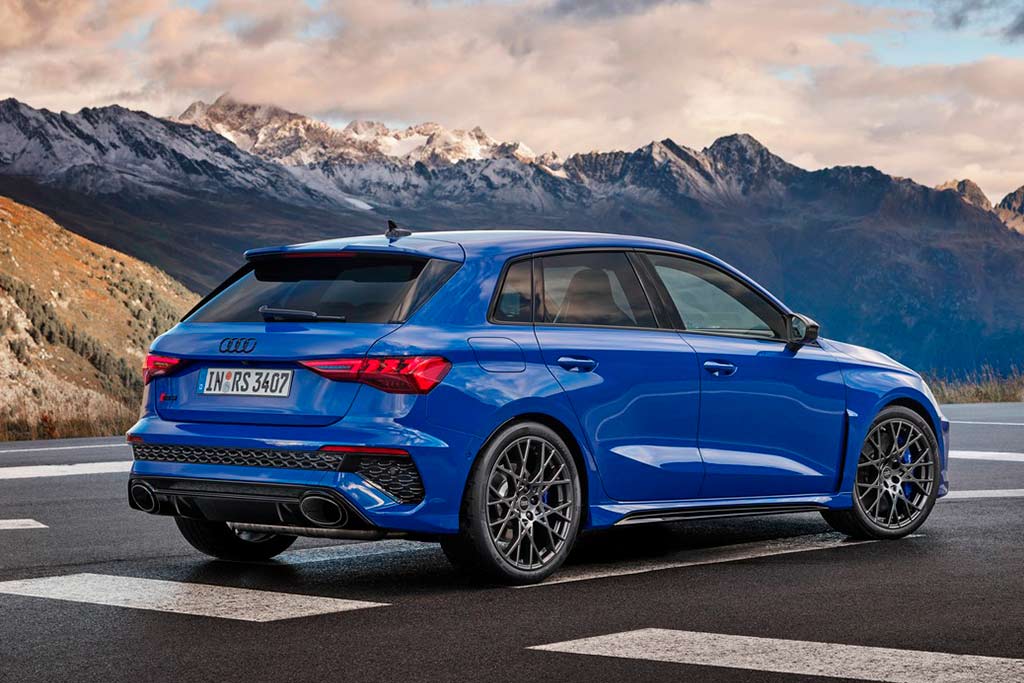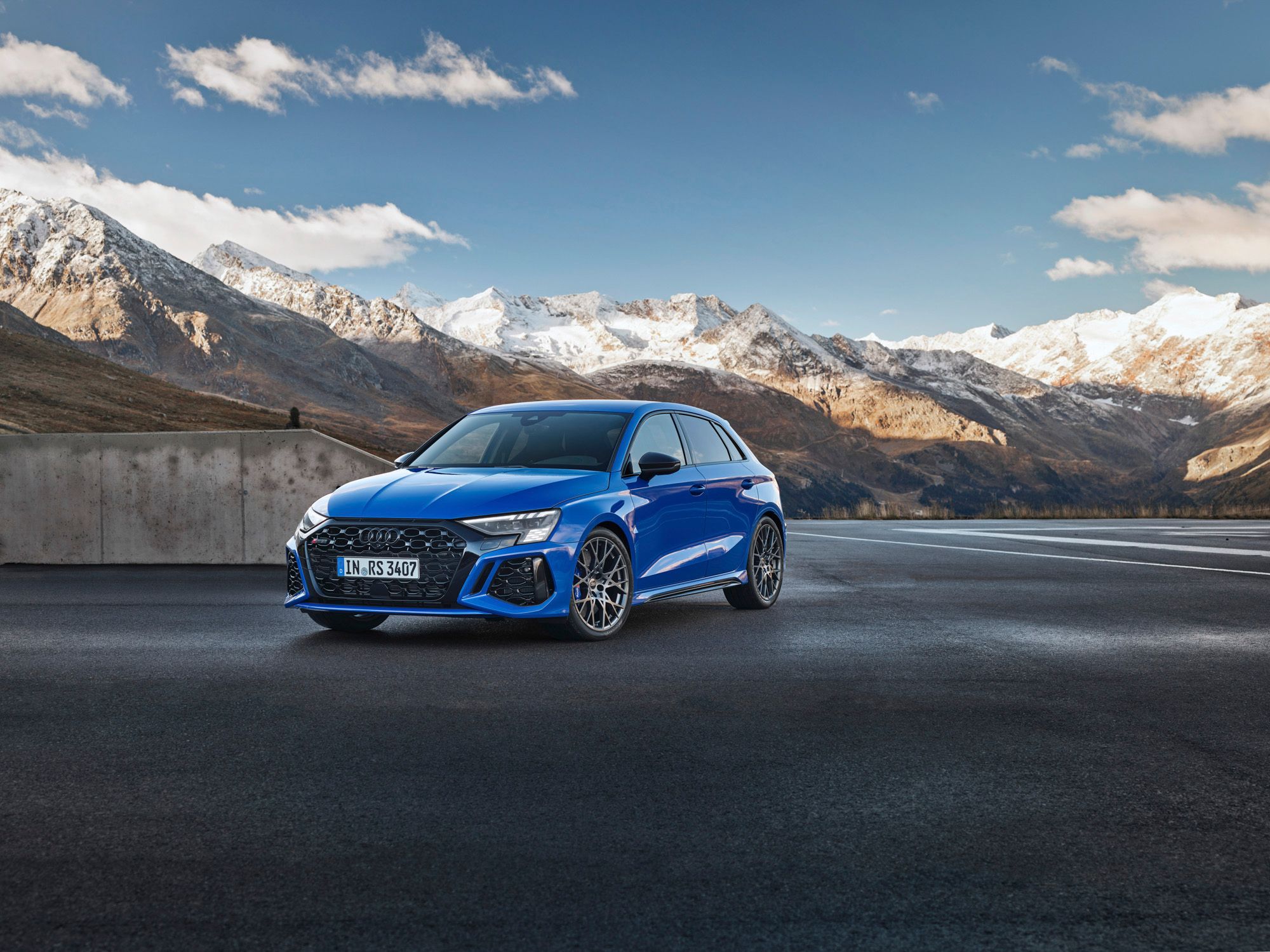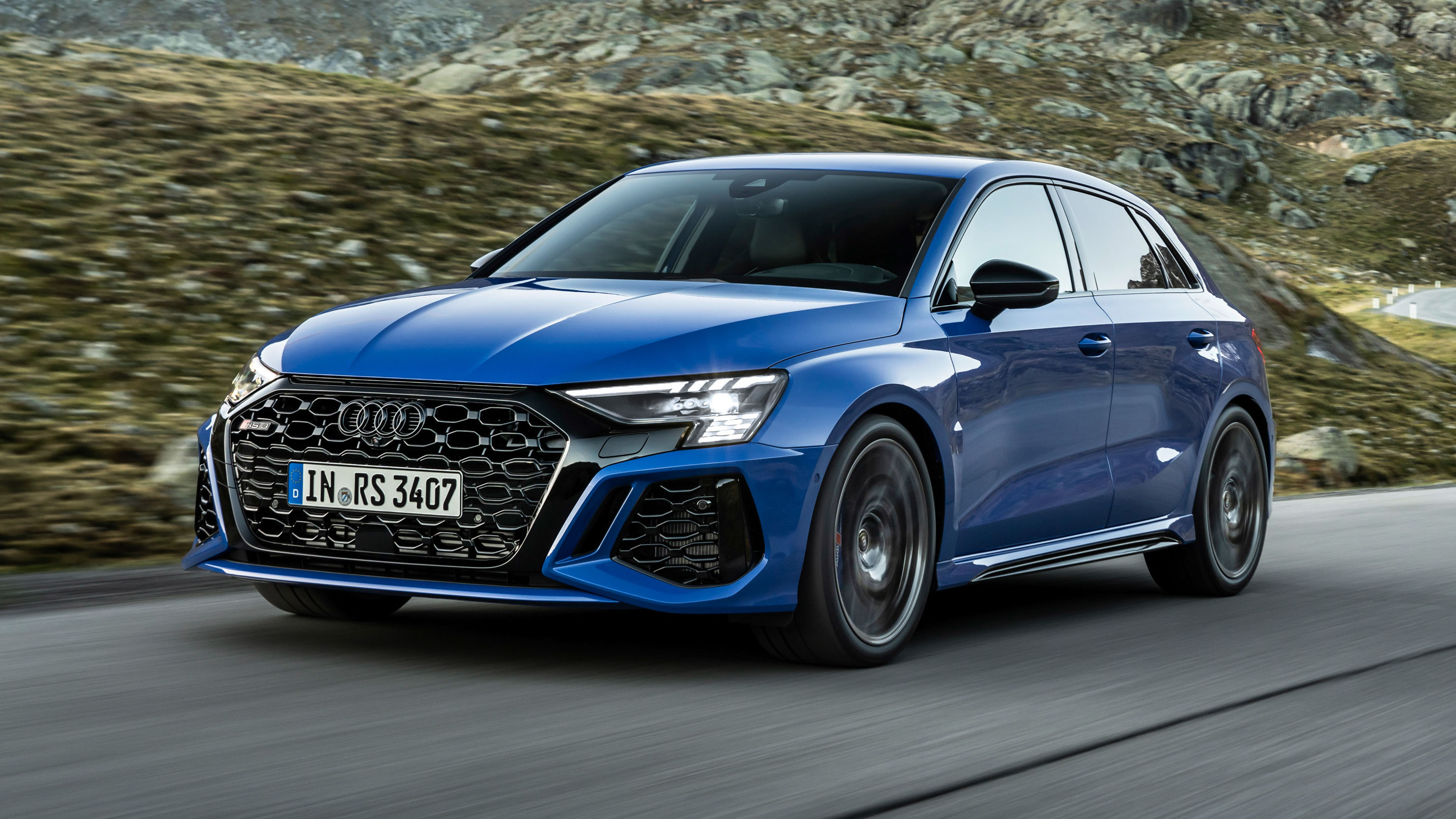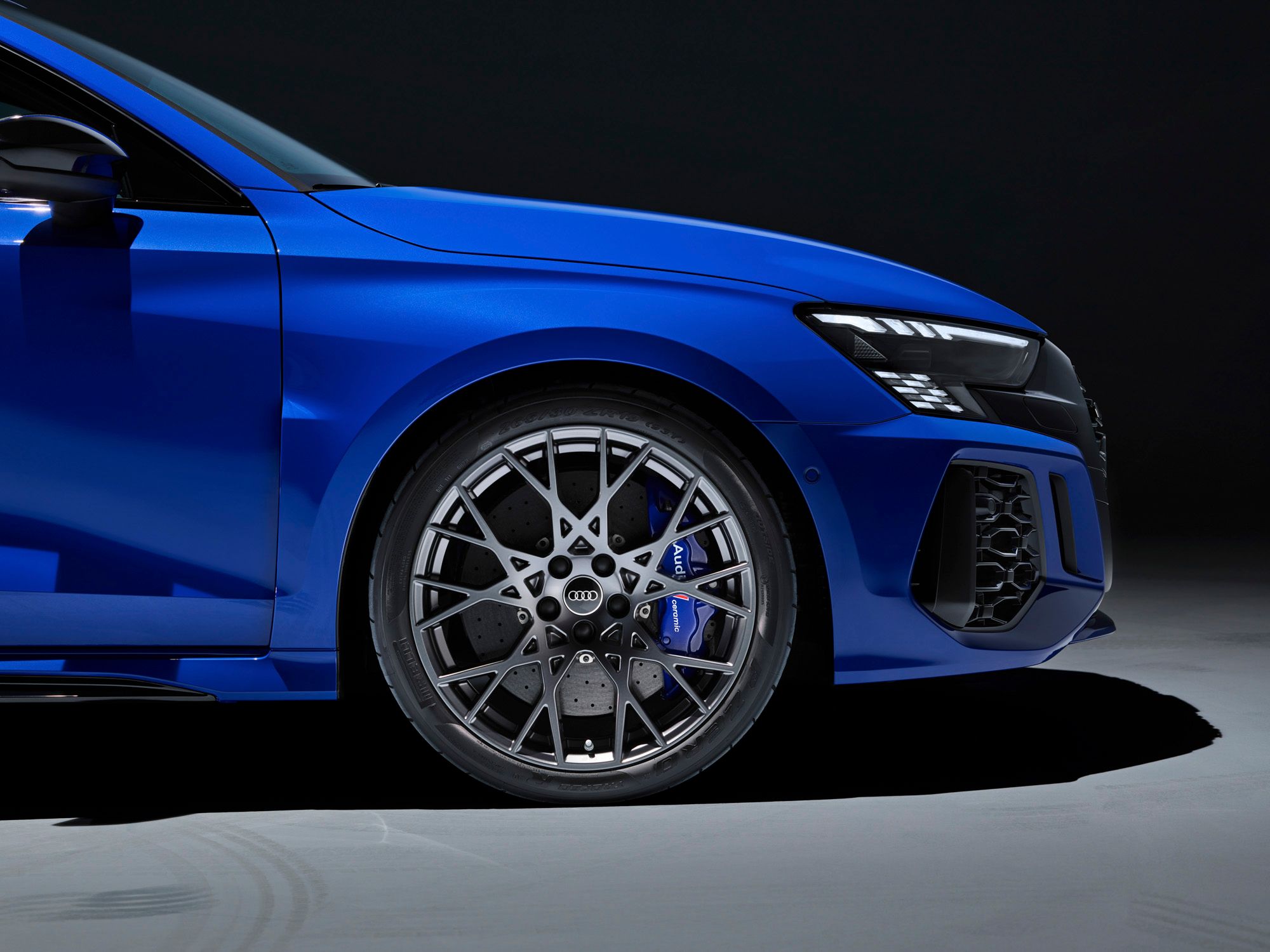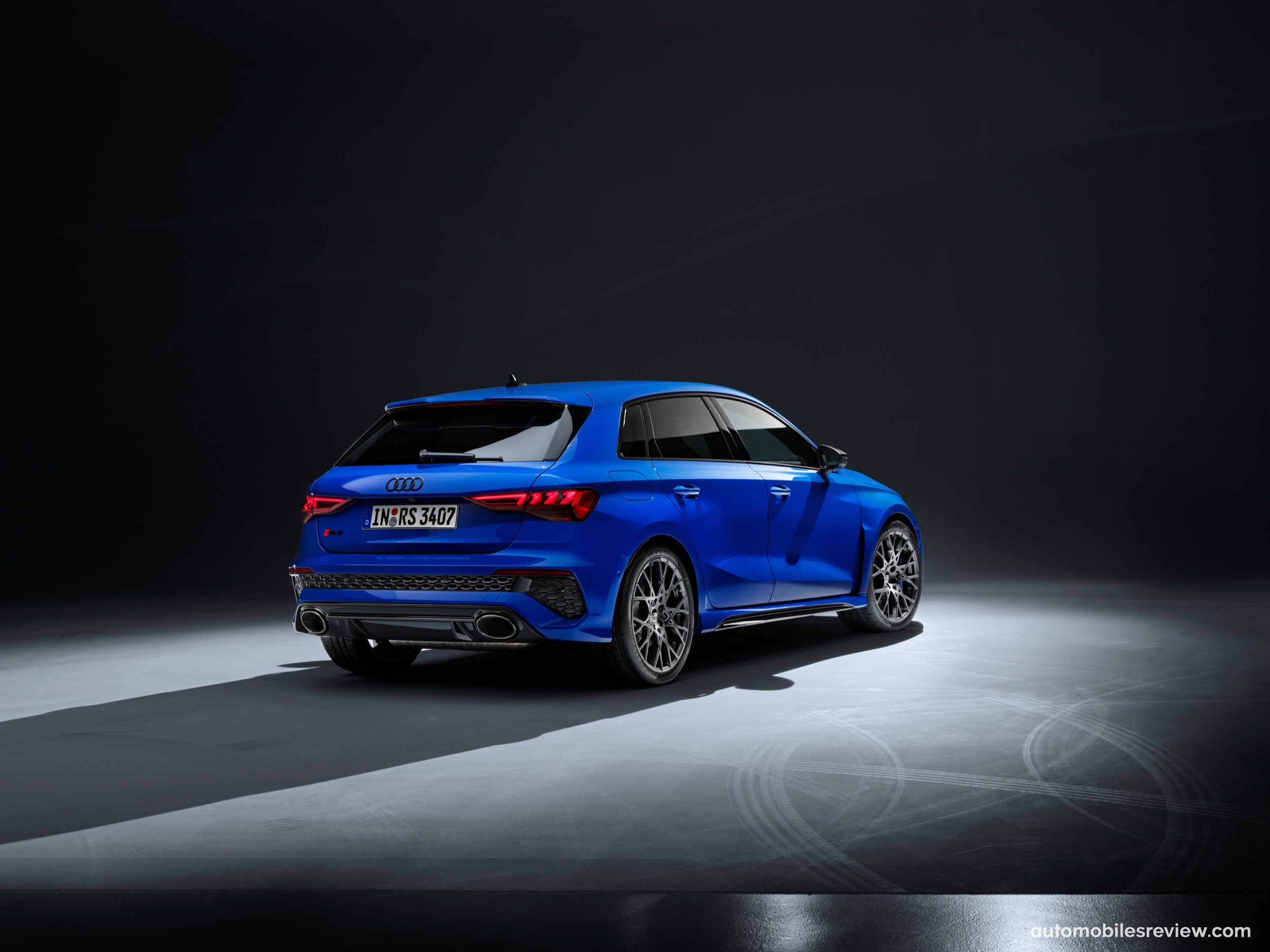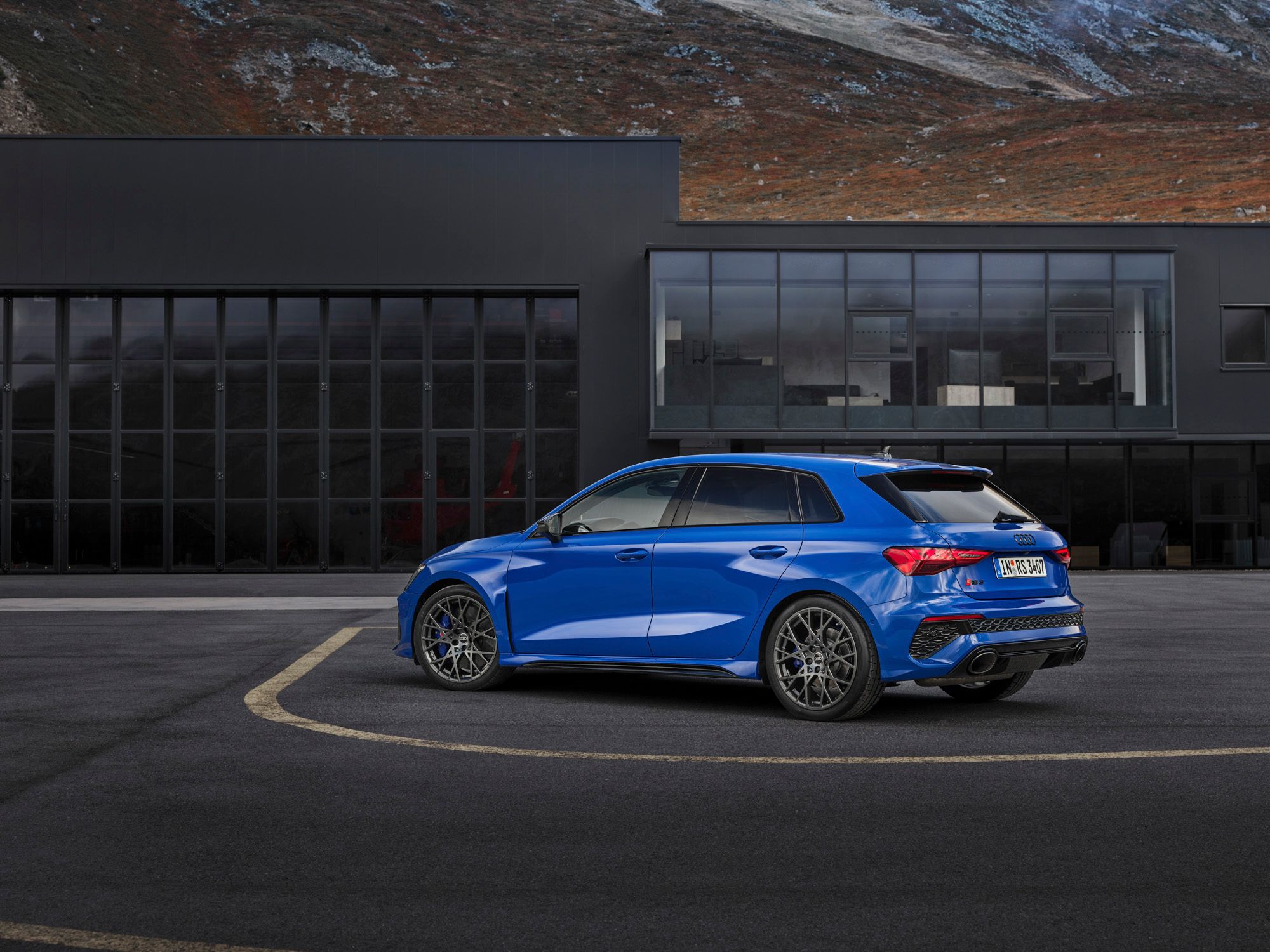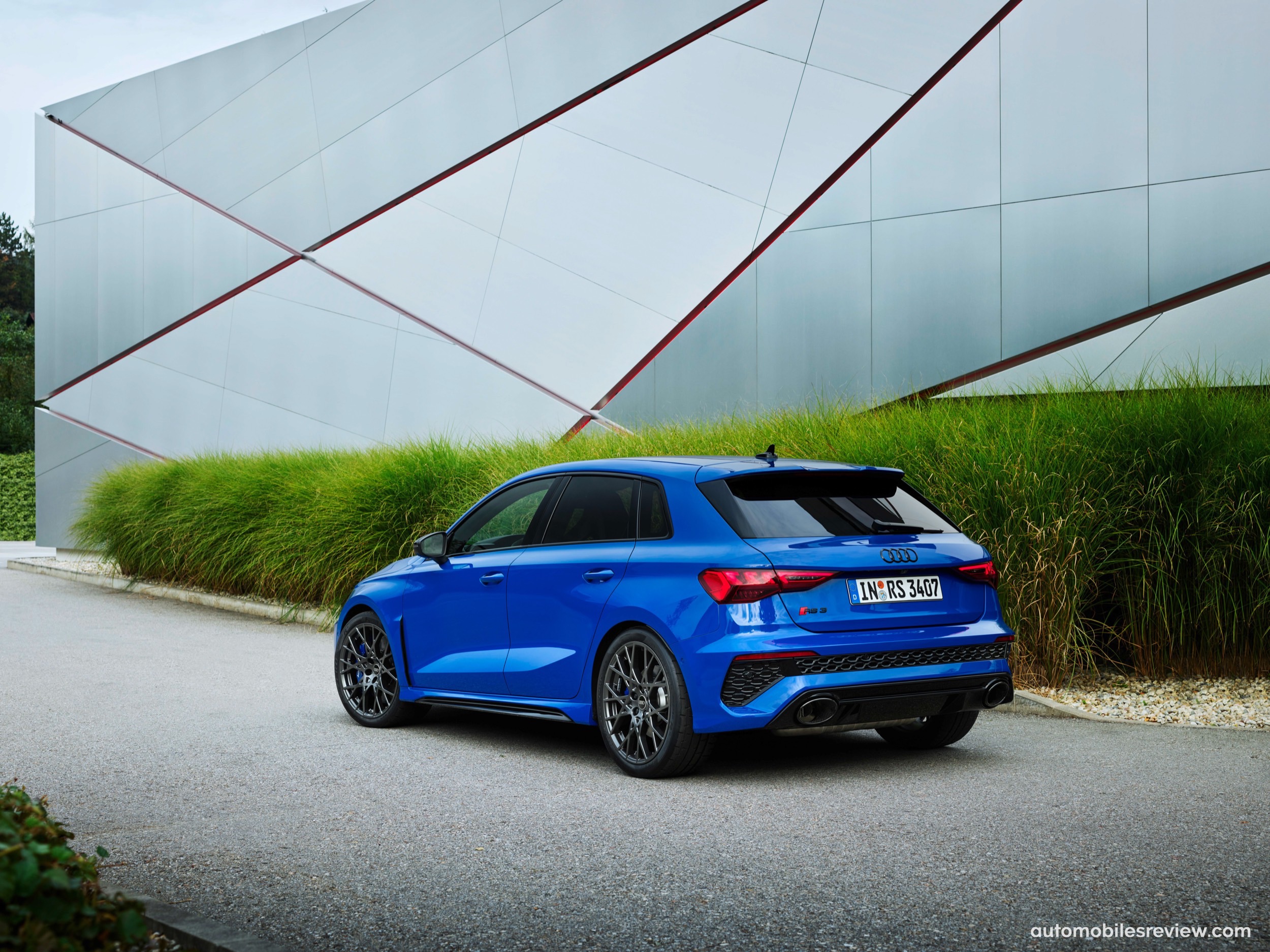The Audi RS3: A Performance Icon’s Uncertain Future

The Audi RS3: A Performance Icon’s Uncertain Future
The Audi RS3, a compact hatchback that packs a potent punch, has captivated enthusiasts since its inception in 2011. Its combination of blistering acceleration, sharp handling, and a premium interior has made it a formidable force in the hot hatch segment. However, recent whispers of its discontinuation have sent shockwaves through the automotive community.
A Legacy of Performance:
The RS3’s lineage can be traced back to the legendary Audi Sport quattro, a homologation special built to compete in Group B rallying. The RS3, while not a direct descendant, carries the same DNA of performance and innovation. Its first generation, launched in 2011, was powered by a 2.5-liter turbocharged five-cylinder engine, a hallmark of Audi Sport, producing a respectable 335 horsepower. This engine, with its distinctive throaty growl, became synonymous with the RS3.
The second generation, introduced in 2015, saw a significant power bump to 367 horsepower, further solidifying the RS3’s position as a performance leader. The introduction of quattro all-wheel drive and a refined chassis ensured that the power was delivered effectively to the road.
The current third generation, launched in 2021, pushed the boundaries even further. The 2.5-liter five-cylinder engine now produces a staggering 401 horsepower and 369 lb-ft of torque, catapulting the RS3 from 0 to 60 mph in a mere 3.6 seconds.
The Discontinuation Debate:
While the RS3 has enjoyed consistent success, recent market trends and regulatory pressures have cast a shadow of uncertainty over its future.
1. Electrification and Emissions Regulations:
The automotive industry is rapidly transitioning towards electrification. Many manufacturers are focusing on developing electric vehicles (EVs) to meet increasingly stringent emissions regulations.
While Audi has already launched several successful EVs, such as the e-tron and the e-tron GT, the RS3’s potent gasoline engine may not fit into the company’s long-term strategy. The future of the RS3 may depend on its ability to adapt to the demands of electrification, possibly with a hybrid powertrain or a fully electric variant.
2. Shifting Consumer Preferences:
Consumer preferences are evolving, with a growing emphasis on practicality and fuel efficiency. SUVs and crossovers are gaining popularity, while traditional hatchbacks are losing ground.
The RS3, with its sporty design and limited cargo space, may not be as appealing to a broader audience as more practical SUVs. However, the RS3’s performance and exclusivity could still attract a niche group of enthusiasts.
3. Competition from within the Volkswagen Group:
The Volkswagen Group, Audi’s parent company, boasts a diverse portfolio of performance brands. The Volkswagen Golf R, for instance, offers a similar driving experience to the RS3 at a lower price point.
Audi may be looking to consolidate its performance offerings, potentially sacrificing the RS3 to avoid cannibalizing sales from other models within the group.
4. Production Costs and Profitability:
Producing a high-performance car like the RS3 requires significant investment in engineering and development. The RS3’s relatively low sales volume compared to more mainstream models may not justify the high production costs.
The Future of the RS3:
While the possibility of the RS3’s discontinuation looms large, it is too early to declare its demise. Audi has not officially confirmed any plans to discontinue the model.
However, several factors suggest that the RS3’s future is uncertain:
- The upcoming RS3 Sedan: Audi recently introduced the RS3 Sedan, a four-door version of the hatchback. This move could signal a shift in focus towards a more practical and versatile body style.
- The development of the Audi e-tron S: Audi has already launched the e-tron S, a high-performance electric SUV. This model could be seen as a potential replacement for the RS3 in the long run.
- Audi’s commitment to sustainability: Audi has pledged to become a fully electric brand by 2033. This ambitious goal suggests that the company is prioritizing the development of EVs over gasoline-powered models.
The RS3’s Legacy:
Regardless of its future, the Audi RS3 has left an indelible mark on the automotive landscape. Its combination of performance, technology, and design has made it a true icon.
The RS3 has also played a significant role in promoting Audi Sport’s reputation for building high-performance vehicles. It has served as a gateway for many enthusiasts into the world of Audi’s performance cars, inspiring them to explore the brand’s wider range of high-performance offerings.
What the Future Holds:
The RS3’s future is a subject of much speculation. Audi could choose to continue producing the current model for a few more years, perhaps with a mid-cycle refresh to keep it competitive.
Alternatively, the company could decide to discontinue the RS3 altogether, focusing its resources on developing electric performance cars.
Whatever the future holds, the Audi RS3 will always be remembered as a potent and engaging compact hatchback that captivated enthusiasts worldwide. Its legacy will continue to inspire future generations of performance cars, reminding us of the enduring allure of a well-engineered and thrilling driving experience.
Beyond the Discontinuation:
The potential discontinuation of the RS3 raises several important questions about the future of performance cars in general. As the automotive industry transitions towards electrification, will there still be a place for gasoline-powered performance cars?
Will enthusiasts continue to embrace the thrill of a high-revving engine and a manual transmission, or will they be drawn to the instant torque and silent operation of electric powertrains?
The answers to these questions will shape the future of the automotive landscape, and the RS3’s fate may be a harbinger of things to come.
Conclusion:
The Audi RS3 has been a shining example of a performance car that strikes a perfect balance between practicality and exhilaration. Its potential discontinuation raises questions about the future of gasoline-powered performance cars in an increasingly electrified world.
While the RS3’s future remains uncertain, its legacy as a performance icon is secure. Its impact on the automotive landscape will continue to be felt for years to come, inspiring future generations of enthusiasts and reminding us of the enduring appeal of a well-engineered and thrilling driving experience.
